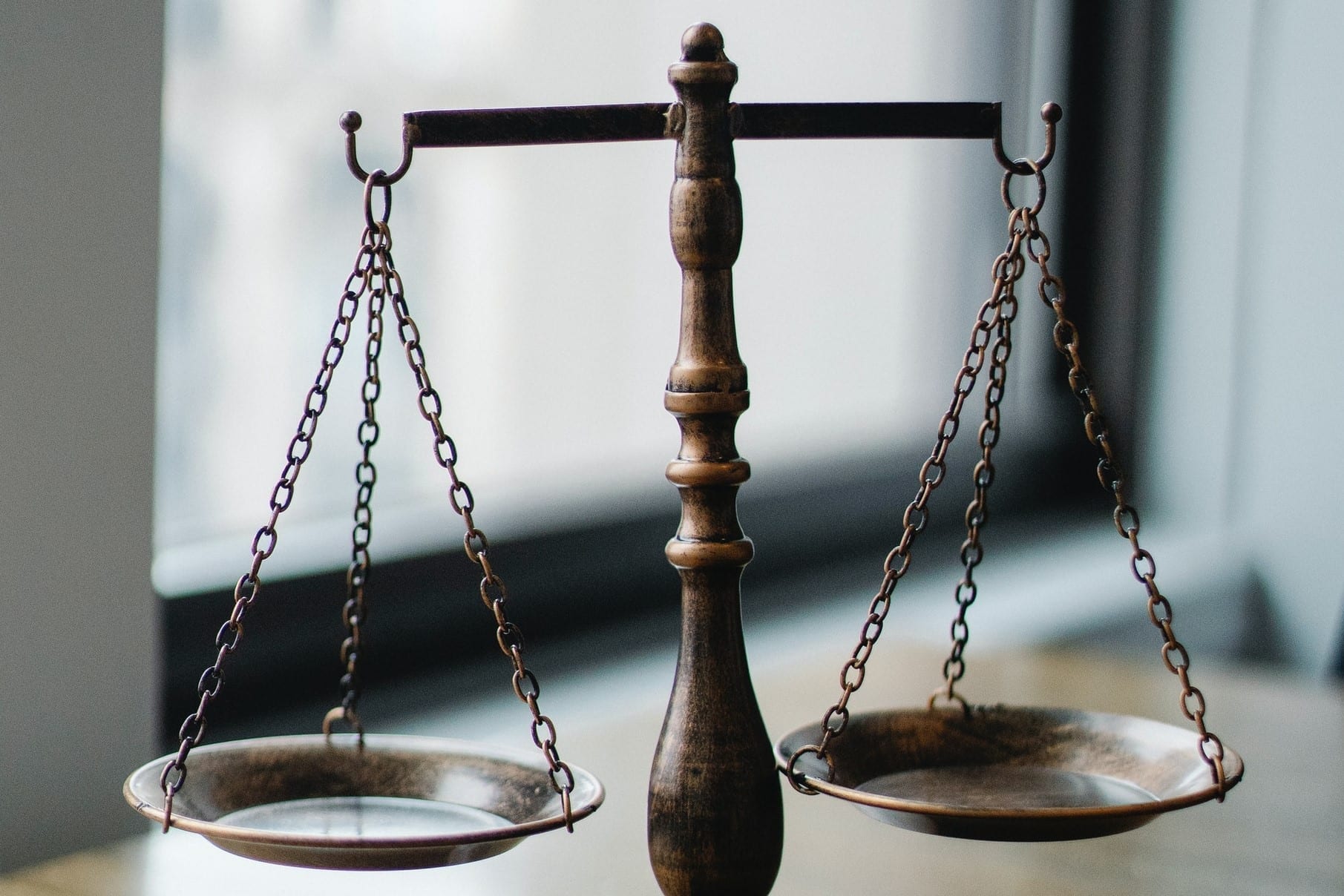If you’re going to prison, there are many laws and legal rights you should know about beforehand. In a perfect world, you’d learn about these laws and rights, research what they mean and maybe even talk to a lawyer about them. But it isn’t a perfect world. If you or a loved one is about to go to prison, this can be your place for a brief introduction to ten important legal principles.
It’s important to stress, however, that this is only a brief introduction. You will need more information, and you can find that here on How to Justice, on our companion site, Interrogating Justice, and in other places. It’s also important to stress that these are what we believe are the top ten legal principles to know about. Whether they will be the most important to you depends on your case.
The more you know about the law, the better you’ll be able to navigate the system. But before going to prison, here are 10 laws you should know.
#1: The Right to a Lawyer
Perhaps the most important thing you need to know is that you have the right to a lawyer. This is true even in prison. If prison officials or police are trying to talk to you about an alleged crime, you can — and should — tell them you want to speak to a lawyer. If you cannot afford a lawyer, the state will appoint one for you.
#2: The Right to Remain Silent
You also need to know that you do not have to talk to the police or any other government official. If someone arrests you, they may try to ask you questions. You can refuse to do so and ask to speak to a lawyer. If you don’t talk, the government can’t use your silence against you in court.

#3: The Right to a Jury Trial
It’s important to understand that you have the right to a jury trial as well. You may feel pressured to plead guilty or have your trial in front of a judge. In some cases, those might be the best steps to take. But you don’t have to. You can demand a jury trial in every case. Your lawyer’s help in understanding the best choice is important here.
#4: Cruel and Unusual Punishment
Because of the Eighth Amendment, the government cannot inflict “cruel and unusual punishment” on people in the United States. This constitutional amendment stops the government from torturing you. Although they can still punish you, courts have ruled that things like handcuffing people in one place for several hours is not allowed.
#5: Exhausting Your Administrative Remedies
This should probably be #1. In prison, you may wish to challenge something prison officials do. Maybe it’s a punishment they impose. Maybe it’s how they treat you on a daily basis. If you want to do that, you usually cannot go straight to court. Instead, you must “exhaust your administrative remedies” first. In BOP facilities, this generally means going all the way through a four-step grievance process.
#6: A “Bivens” Claim
A “Bivens” claim is a lawsuit for money damages against the government. People, including prisoners, can file that claim if a federal government official acts within their job as a federal official and violates the U.S. Constitution. To win a claim like this, you must prove that the federal official violated your constitutional rights.
#7: A “1983” Claim
A “1983” claim is like a Bivens claim but against state government officials. If a state official violates your constitutional rights within their job as a state official, you could file a “1983” claim. Like a “Bivens” claim, this is a lawsuit that is filed with a court and heard by a judge.

#8: The Right to Appeal
Once you are found guilty of a crime and sentenced, you might go to jail or be put on probation. After this happens, you have a short period of time when you have a right to appeal. This means that you don’t need a court’s permission to do so. If you want to challenge your conviction, it is important to file a claim of appeal during this time. Otherwise, an appellate court may not have to consider your case. (These rules are different if you plead guilty or no contest.)
#9: Pleading No Contest
When most people think about going to court for the first time in a criminal case, they think they have two choices: plead guilty or plead not guilty. But you actually have three. You can plead no contest. This is treated as a guilty plead in the sense that you are convicted and sentenced in the same way, but you do not have to admit that you actually committed the charged crime. There are many reasons why you might want to do this. But one of the most common ones is to avoid making admission that could later be used against you in a civil case.
#10: There Are People Who Can Help
Finally, in addition to laws you need to know before going to prison, you also need to know that you aren’t alone in this process. You can have an attorney if you want one. Your friends and family can talk to you on the phone, mail you letters and even visit you. And there are many resources available to help. How to Justice tries to connect you to the resources you need during this challenging time.
Read 10 Ridiculous Prison Laws, next.






